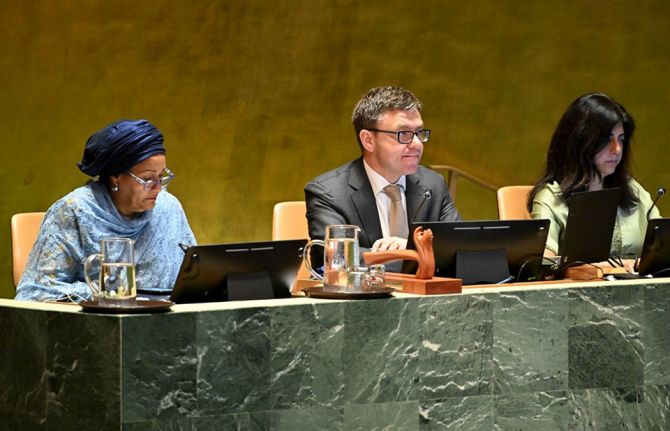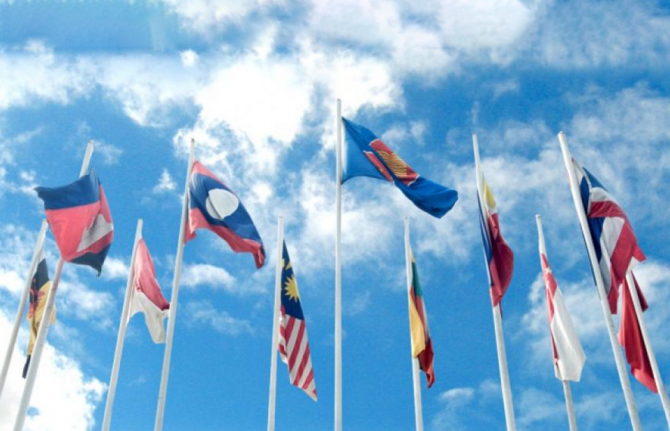
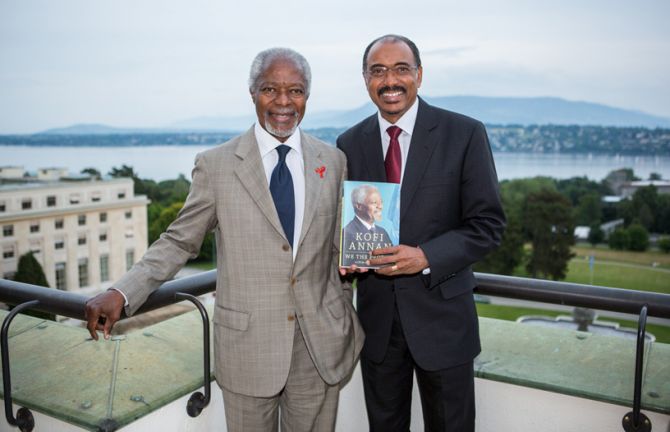
A Conversation with Kofi Annan and Michel Sidibé, Geneva, 3 June 2014, co-hosted by UNAIDS, the Kofi Annan Foundation and UNOG, to mark the publication of "We the Peoples: a UN for the Twenty-first Century", a book by Kofi Annan.

A Conversation with Kofi Annan and Michel Sidibé, Geneva, 3 June 2014, co-hosted by UNAIDS, the Kofi Annan Foundation and UNOG, to mark the publication of "We the Peoples: a UN for the Twenty-first Century", a book by Kofi Annan.
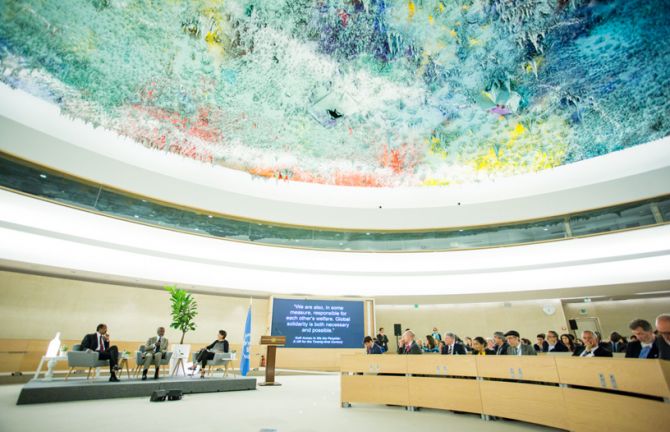
A Conversation with Kofi Annan and Michel Sidibé, Geneva, 3 June 2014, co-hosted by UNAIDS, the Kofi Annan Foundation and UNOG, to mark the publication of "We the Peoples: a UN for the Twenty-first Century", a book by Kofi Annan.

A Conversation with Kofi Annan and Michel Sidibé, Geneva, 3 June 2014, co-hosted by UNAIDS, the Kofi Annan Foundation and UNOG, to mark the publication of "We the Peoples: a UN for the Twenty-first Century", a book by Kofi Annan.

A Conversation with Kofi Annan and Michel Sidibé, Geneva, 3 June 2014, co-hosted by UNAIDS, the Kofi Annan Foundation and UNOG, to mark the publication of "We the Peoples: a UN for the Twenty-first Century", a book by Kofi Annan.
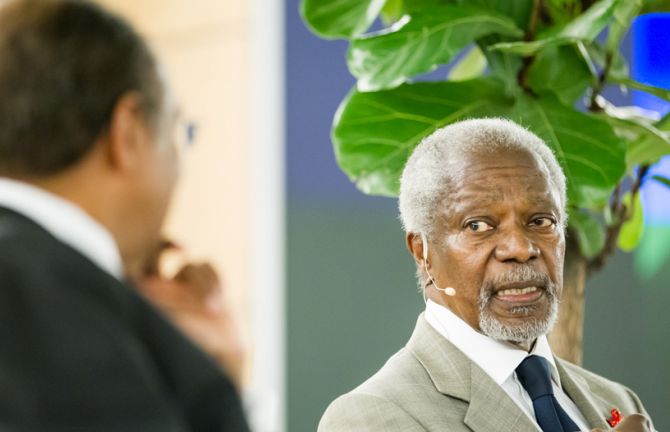
A Conversation with Kofi Annan and Michel Sidibé, Geneva, 3 June 2014, co-hosted by UNAIDS, the Kofi Annan Foundation and UNOG, to mark the publication of "We the Peoples: a UN for the Twenty-first Century", a book by Kofi Annan.
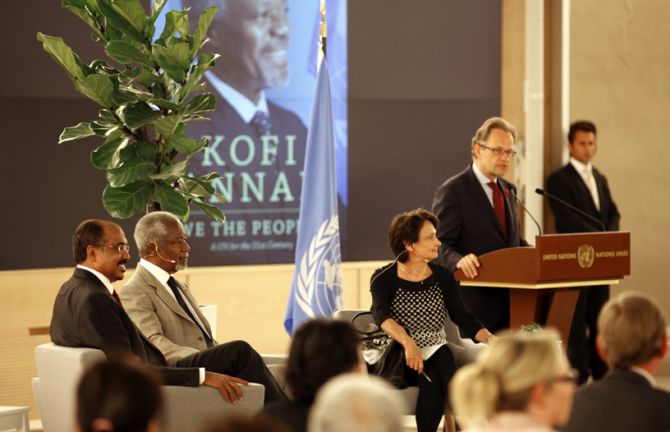
A Conversation with Kofi Annan and Michel Sidibé, Geneva, 3 June 2014, co-hosted by UNAIDS, the Kofi Annan Foundation and UNOG, to mark the publication of "We the Peoples: a UN for the Twenty-first Century", a book by Kofi Annan.

A Conversation with Kofi Annan and Michel Sidibé, Geneva, 3 June 2014, co-hosted by UNAIDS, the Kofi Annan Foundation and UNOG, to mark the publication of "We the Peoples: a UN for the Twenty-first Century", a book by Kofi Annan.
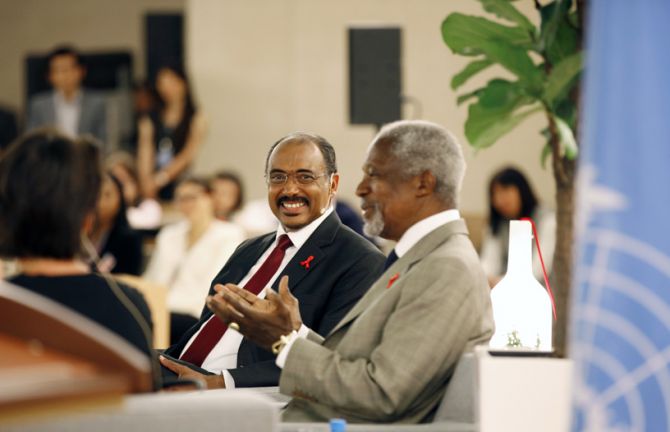
A Conversation with Kofi Annan and Michel Sidibé, Geneva, 3 June 2014, co-hosted by UNAIDS, the Kofi Annan Foundation and UNOG, to mark the publication of "We the Peoples: a UN for the Twenty-first Century", a book by Kofi Annan.
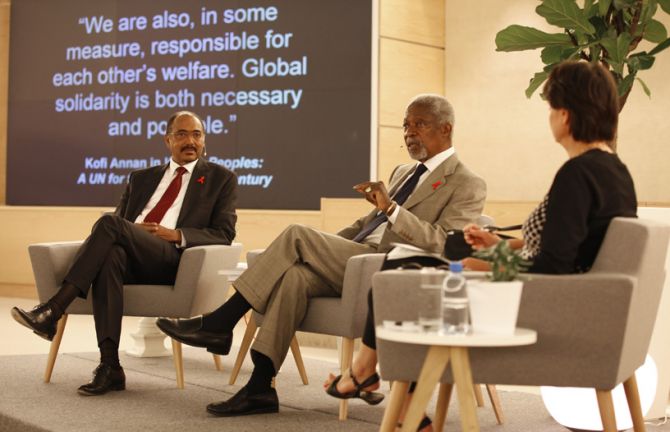
A Conversation with Kofi Annan and Michel Sidibé, Geneva, 3 June 2014, co-hosted by UNAIDS, the Kofi Annan Foundation and UNOG, to mark the publication of "We the Peoples: a UN for the Twenty-first Century", a book by Kofi Annan.
Feature Story
A conversation with Kofi Annan and Michel Sidibé
04 June 2014
04 June 2014 04 June 2014To mark the launch of his new book of speeches, We the Peoples: A UN for the 21st Century, former United Nations Secretary-General and Nobel Peace Prize Laureate Kofi Annan invited the Executive Director of UNAIDS Michel Sidibé to hold a public discussion with him on the future of the United Nations and global health. The event was held on 3 June at the Palais des Nations in Geneva before an audience of 700.
Mr Annan and Mr Sidibé were welcomed to the stage by the Acting Head of the United Nations office in Geneva Michael Møller who emphasized the significance of his efforts in re-imagining the public agenda and role of the UN. During his tenure as UN Secretary-General Mr Annan led many important reforms and opened the UN to a modern and changing world.
Mr Annan began the frank discussion talking about how the UN has to continue to adapt to a changing world. Referring to the post-2015 development agenda Mr Annan stressed that, "The new sustainable development goals should be workable and understandable by people so they can ask governments to act."
Under his leadership, the Millennium Development Goals were adopted by Member States in 2000, of which the sixth goal is to halt and reverse the spread of HIV. As attested through many of his speeches in We the Peoples: A UN for the 21st Century, the AIDS epidemic weighed heavily throughout Mr Annan’s mandate as a challenge but also a path for development and human rights and freedoms for all.
Mr Sidibé said he had been inspired by Mr Annan’s sincere compassion for people and his commitment to human rights which reflected his own values and vision. "We won't have a sustainable development framework if there are people left behind," he said. Talking about the future of global health Mr Sidibé added. "To deal with health of people we need to move from a disease approach to a people centred approach." Mr Sidibé also praised Mr Annan’s call to bring women to the centre.
A strong supporter of UNAIDS since its inception, Mr Annan announced that the proceeds of his book of speeches will be dedicated to UNAIDS. In recognition of his work and commitment to the future of the AIDS response Mr Sidibé said, “It is an honour for UNAIDS and the AIDS response to receive this donation—from a leader and mentor who continues to speak out for the millions of people living with HIV.”
Mr Annan concluded the discussions with reflections on ongoing conflicts around the world. “No country can prosper without rule of law and respect for human rights,” he said.
In 2001, Mr Annan was co-awarded the Nobel Peace Prize for revitalizing the UN and for having given priority to human rights. The Nobel Committee also recognized his commitment to the struggle to contain the spread of the HIV in Africa. At the first ever Special Session on HIV/AIDS, he led the creation of the Global Fund to Fight AIDS, Tuberculosis and Malaria.
Since leaving the United Nations, Mr Annan has been active in pressing for policies that will meet the needs of the poorest and most vulnerable, particularly in Africa. And in 2007, he set up the Kofi Annan Foundation to promote better governance and strengthen the capacity of people and countries.
From peace and security to development and the global community, We the Peoples: A UN for the 21st Century explores some of the most challenging issues the world has faced in the new century. We the Peoples: A UN for the 21st Century is Mr Annan’s second book, following the acclaimed memoir, Interventions: A Life in War and Peace, published in 2012.

